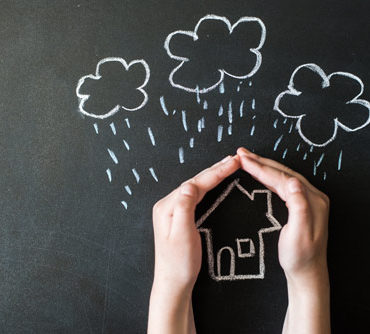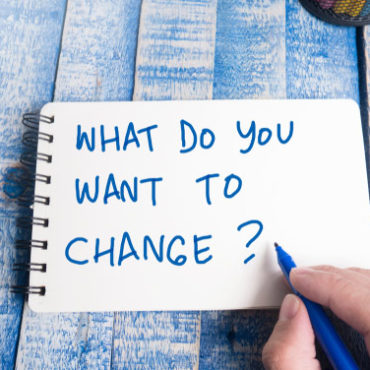Depression Treatment Raleigh – Recognizing the signs of depression can be difficult. In some cases, others may be the first to recognize you are suffering with depression. Most people experience these common symptoms: feeling sad, down or blue, loss of interest and energy to do things, and irritability or becoming easily annoyed. Depression tends to impact our lives in the following domains: our thoughts and feelings, our physical bodies and our actions in the world. Click or tap on the boxes below to view the symptoms for each domain. If you identify with many of these symptoms, it may be time to seek our support.
Depression Treatment: We Can Help
How Do I Know If I’m Depressed?
Thoughts and Feelings
- Feeling sad, blue or down
- Feelings of hopelessness and helplessness
- Thoughts about suicide or harming oneself
- Irritability and feeling like you have short fuse
- Critical and judgmental thinking about yourself
- Getting stuck in negative thoughts about yourself and your life
Changes in Your Body
- Lack of energy to do things
- Feeling more aches and pains in your body
- Changes in appetite and may include weight loss or gain
- Problems with sleep which may include difficulties staying and falling asleep
- Difficulties staying focused and concentrating on things that are important to you
Lack of Action in the World
- Decreased energy and motivation
- Isolation and withdrawal from family and friends
- Loss of interest in things you generally enjoy (hobbies, sexual desire)
The Impact of Depression
 According to the World Health Organization (WHO) depression now affects more people than heart disease, cancer, and HIV/AIDS. At a global level, over 300 million people are estimated to suffer from depression. In the United States, 6.7 percent, or over 16 million people struggled with depression during the last year. Depressive disorders are now the leading cause of disability and loss of health functioning for individuals aged 15-44 in the United States. One of the more significant symptoms of depression is isolation and withdrawal from social networks, meaning many people with depression struggle alone. This does not have to be you.
According to the World Health Organization (WHO) depression now affects more people than heart disease, cancer, and HIV/AIDS. At a global level, over 300 million people are estimated to suffer from depression. In the United States, 6.7 percent, or over 16 million people struggled with depression during the last year. Depressive disorders are now the leading cause of disability and loss of health functioning for individuals aged 15-44 in the United States. One of the more significant symptoms of depression is isolation and withdrawal from social networks, meaning many people with depression struggle alone. This does not have to be you.
Depression may stem from a variety of factors. It often develops when we spend a great deal of energy thinking about the past. This generally takes the form of wishing a past outcome could have been different and questioning why you acted or failed to act in a certain way. Depression may also stem from our difficulty accepting the current circumstances in our lives. Feelings such as guilt, shame, resentment, and regret often accompany these thinking patterns.
Another powerful component of depression is experiencing loss. All of us will experience loss and pain in our lives. No one is immune to this harsh reality. However, how we relate to our pain (being critical of yourself or being dismissive) will have a big impact on how we cope with our pain.
The good news is that depression is highly treatable and you do not have to suffer in silence. You do not have to feel like depression is your lot in life. Our well-trained providers will help you cultivate a skillful approach to finding relief and change.
Our Approach to Depression Treatment
 We know if you are reading this website you may need support. We can appreciate how difficult it might be to make that first call.
We know if you are reading this website you may need support. We can appreciate how difficult it might be to make that first call.
Our approach to depression treatment is integrative: We don’t have a “one size fits all” philosophy. We will use a wide variety of treatment methods to treat your depression, including Psychodynamic Psychotherapy, Cognitive-Behavioral Therapy, Mindfulness Meditation, and Acceptance and Commitment Therapy (ACT). We may also recommend lifestyle and health changes to help alleviate your symptoms of depression.
What will remain constant is our commitment to your care. We will collaborate with you to develop the skills and self-understanding to live a life that is more consistent with your values.
